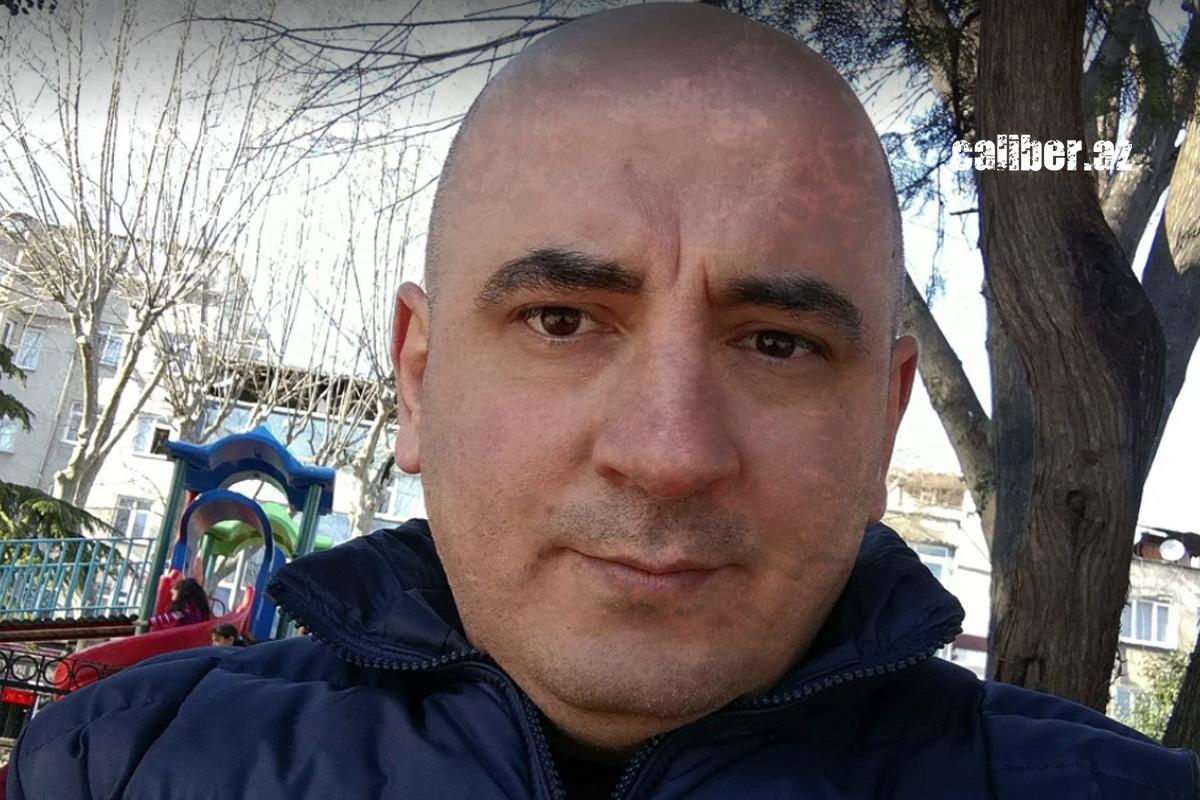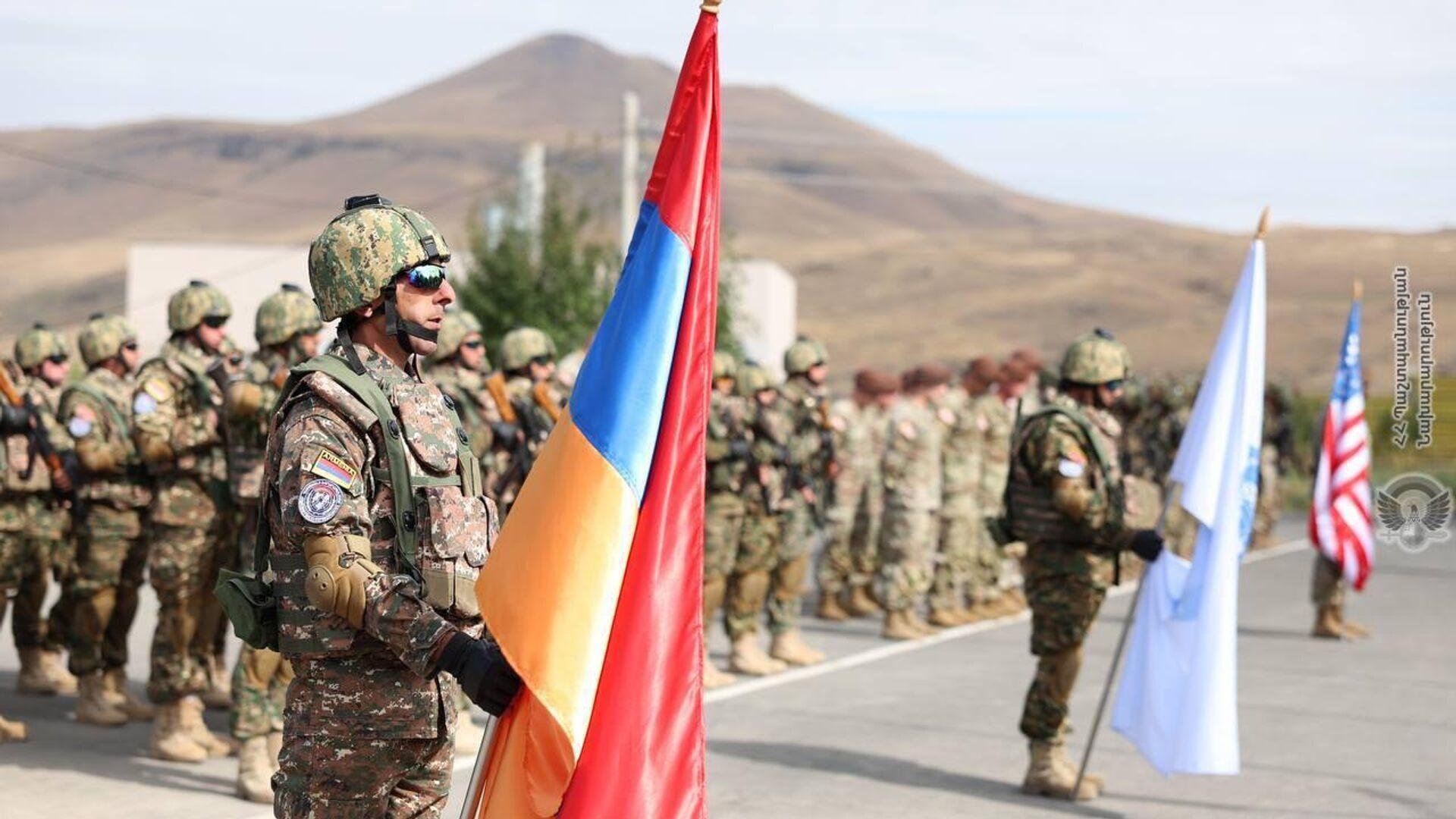Armenia’s Constitutional amendments and US military expansion What lies ahead for Yerevan’s strategic landscape
Caliber.Az presents an interview with Armenian blogger, activist and public figure Ishkhan Verdyan.
—In Yerevan, rather than prioritizing constitutional amendments—an essential step for ensuring regional peace—the current focus has inexplicably shifted to reforming the education system. This raises a pertinent question: why is Armenia revising its historical narrative?
—It is worth noting an unconventional perspective: preparations for constitutional reform are indeed well underway in Armenia. I am informed of this through an indirect connection with an individual who is part of the team working on the new constitution. While this person is not engaged with the legal intricacies but rather with the literary aspects of the text, their substantial workload and assurances indicate that the development of the new Basic Law is actively progressing.
The issue is that this work is not being made public. Currently, the revanchist opposition in Armenia continues to receive support, and the country’s major media outlets remain under their control. These media have already expressed their stance on the matter, which is as follows: if Nikol Pashinyan engages with the Constitution, it implies that he will be carrying out the will of Ilham Aliyev. While this is clearly absurd, it is unfortunately believed by many.
The collective ability for analytical thought seems to be lacking in Armenian society, leading people to accept media narratives as truth. Consequently, the media perpetuate their agendas, and the educational system reforms are being introduced as a means to address and combat this widespread ignorance in Armenia.
The assertion that history is being rewritten in Armenia is subject to debate; however, it is clear that the constitution is undergoing discreet modifications. These are the current realities in Armenia: the government, intimidated by a faction of radical elements, is unable to openly discuss its plans. While Azerbaijan has addressed the "Artsakh" issue, this action has led to a deeper entrenchment of problems within Armenia, which now requires time to cleanse itself of this persistent malaise.

— Well, if Armenia, as you noted, has taken up the issue of constitutional revision, this is already encouraging. In light of this, when might a peace treaty between Baku and Yerevan be signed?
— A peace treaty between Armenia and Azerbaijan will undoubtedly be possible only after the Armenian Constitution has been amended. However, it is also important to note that countries can maintain diplomatic relations and coexist without a formal peace treaty, as exemplified by the relationship between Russia and Japan. Therefore, it is plausible that Armenia and Azerbaijan might not wait for over two years for constitutional changes to be completed. Instead, they could pursue a mutually agreeable framework for improving relations, with the formal signing of a peace treaty occurring once Armenia has adjusted its domestic legislation.
— There is a viewpoint within the Armenian political science community suggesting that Armenia is gradually becoming another post-Soviet anti-Russia, which could have significant repercussions for the country. What is your perspective on this?
—Recently, I participated in a discussion on this topic in the comments section of a prominent Armenian journalist's post, which was also reviewed by several esteemed members of the Azerbaijani political science community. Our conclusion was that Armenia lacks a genuine political science community. Instead, what exists is merely a group of self-serving lobbyists whose opinions do not reflect the direction that Prime Minister Pashinyan has outlined—namely, the regionalization of Armenia. Therefore, I view it as unproductive to engage with their vision for Armenia’s future. They are advancing their own agendas and are not equipped to engage in meaningful debate, whether with Azerbaijani experts or even with ordinary citizens.
— Do you believe that Armenia’s potential exit from the Collective Security Treaty Organization (CSTO) in the near future would hasten the strengthening of strategic ties between Yerevan and Washington?
— It seems to me that Prime Minister Pashinyan has maneuvered the situation to the point where Armenia’s departure from the CSTO is now merely a technicality. Armenia has effectively distanced itself from the CSTO, having ceased to participate in its activities or contribute to its funding. Furthermore, I am confident that Armenia will likely remain indifferent even if Russia formally requests military support from the CSTO. Thus, whether or not Armenia officially exits the CSTO is largely a matter of political convenience for its leadership. In essence, the CSTO holds no practical significance for Armenia, just as the OSCE Minsk Group holds no real importance for Azerbaijan.

— What does the expansion of the US military presence in Armenia promise Yerevan in general?
— Can you identify a country where the presence of American military forces has led to a beneficial outcome for that nation? The United States is located far across the ocean and is unlikely to engage in conflicts on Armenia's behalf, particularly with nations that are viewed as having greater strategic value from a US perspective. The persistent sense of victimhood and dependence on external aid is a significant issue that urgently needs to be addressed by the Armenian government.
—Given the ongoing revanchist sentiments in Armenia, is there a likelihood of a new wave of opposition protests this autumn?
—It is always plausible to anticipate protest movements from the Dashnak opposition. Their leaders are in a precarious position, facing potential imprisonment and the risk of their ideology disintegrating. For them, this is not merely a political struggle but a fight for survival and freedom, justifying the use of all possible means. Therefore, in my view, as long as figures like Robert Kocharyan and his associates remain free, protests will likely continue as scheduled, with interruptions only for the beach season and other holidays.








